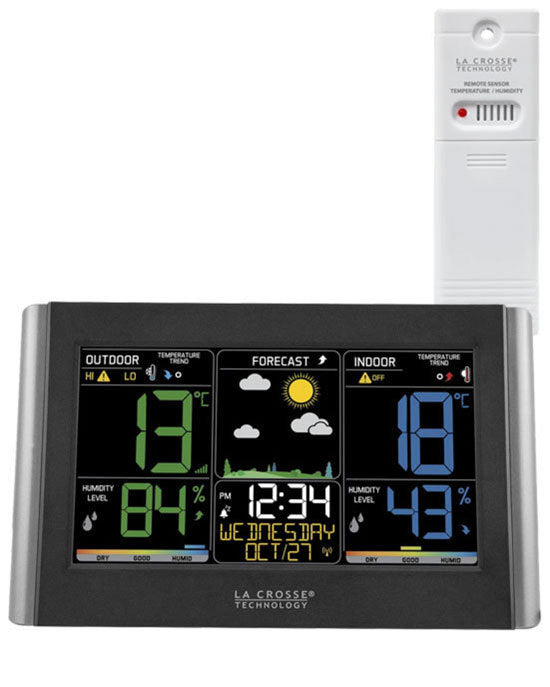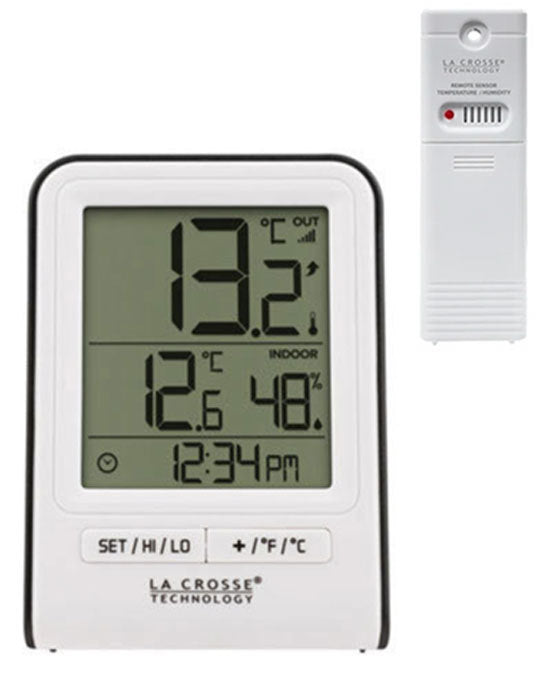Lightning Safety - Tips and Facts
Early recognition provides the best defense
Early recognition that lightning is approaching provides the best defense. Relying solely on personal observation of lightning is not adequate. Additional information including detecting actual lightning strikes and monitoring the range at which they’re occurring is required to ensure consistent, accurate, and adequate advance warning.
Outdoor sporting activities and events should be stopped and swimming pools cleared when lightning is within six miles. Wait thirty minutes following the last lightning before leaving your refuge location or resuming activities

What to do when lightning is near
Lightning cannot be prevented but your chances of being struck can be reduced by following these safety rules:
- Avoid high ground, water, solitary trees, open spaces, and metallic objects. Search for low ground, but avoid ditches or trenches if they contain water, or if the ground is saturated. Seek clumps of shrubs or trees of uniform height.
- Immediately remove all metal objects. Get into a low, crouching stance on the balls of your feet with your hands covering your ears. Stand spread out from others, put 15-20 feet of space between each person.
- If a fully enclosed metal automobile is close, seek refuge there with all the windows rolled up and your hands in your lap.
- Avoid rain and sun shelters made of metal.
- If golfing, put down the clubs and get out of the golf cart. Move away from both.
- Get off and move away from bicycles and motorcycles.
How to handle lightning victims
- Seek immediate medical attention!
- If necessary, immediately begin CPR
- Victims do not retain an electrical charge and are safe to handle.
- Check for burns along the extremities and around areas in contact with metal. Treat electrical burns the same as other types of burns.
- Common aftereffects include impaired eyesight and loss of hearing





Share and get 15% off!
Simply share this product on one of the following social networks and you will unlock 15% off!